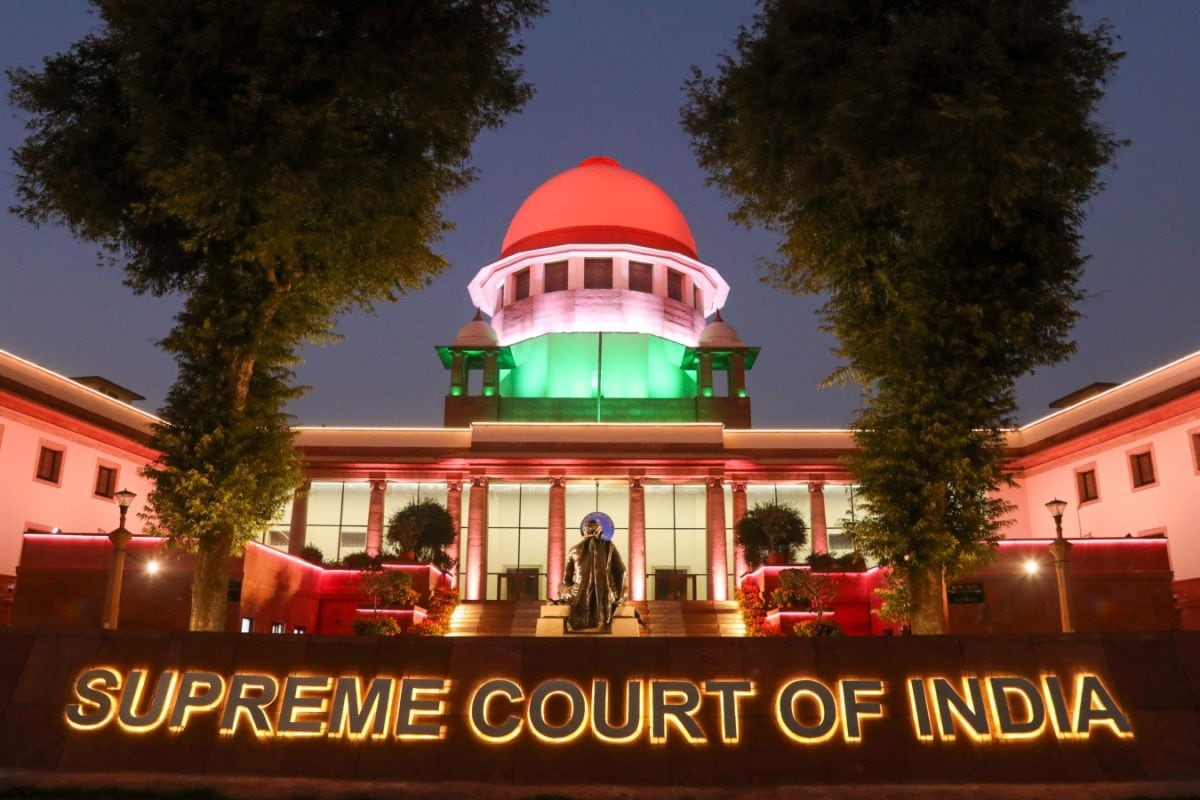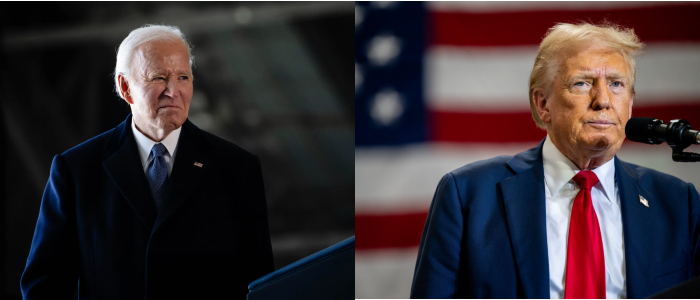No wing of the State, be it legislature, executive or judiciary ought to issue directives to another in a manner that erodes the delicate equilibrium envisaged by the Constitution The clash between the executive and the judiciary, with a divided legislature, has been a familiar scenario in India. However, the recent pronouncement of the Supreme Court of India, holding that the President is bound to accord or withhold assent to state legislations within an outer limit of three months, relying on two office memorandums issued by the Ministry of Home Affairs dated February 4, 2016, and the strong rebuttal by Vice President Jagdeep Dhankhar critiquing the judiciary for its expansive interpretation of Article 142 of the Constitution, likening it to a ‘nuclear missile’ against democratic forces, offers a situation extraordinaire and warrants serious constitutional introspection. While the legislative will, be it of Parliament or a state legislature, indeed deserves the highest regard, one needs to be careful of the scenarios where any pronouncement in the name of the will of the people may seem to be the case of the appropriation of peoples’ will as suggested by the Vice President of India.
In fact, the Supreme Court, in a 1996 judgment, cautioned with regard to the exercise of powers under Article 142, observing that “the very fact that this power is conferred only upon this Court, and on no one else, is itself an assurance that it will be used with due restraint and circumspection". Hence, the implications of the Hon’ble Court’s directive merit sober reflection in light of the doctrine of separation of powers and the unique constitutional position of the President of India. The Constitution, significantly, does not prescribe any timeline within which such assent must be granted or withheld.

The practice of what is colloquially known as the “pocket veto," while not explicitly stated in the constitutional text, emerges as a byproduct of this silence, which, in rare and exceptional cases, serves as a vital constitutional safeguard. The apex Court’s reliance on administrative guidelines specifically, internal Office Memorandums meant for executive coordination within the Ministry of Home Affairs—to bind the President of the Republic to a rigid timeline, is with utmost respect, constitutionally unsound. More crucially, the judgment appears to have, albeit indirectly, issued a mandamus to the President of India, thereby encroaching upon a domain that the framers of the Constitution clearly intended to be insulated from judicial directives.
The notion that the judiciary may compel the President—a symbol of the sovereignty and unity of the Republic—to act within a prescribed timeframe, is antithetical to the very doctrine of separation of powers that forms the bedrock of our constitutional structure. In our parliamentary democratic setup, the Constitution envisages the President as the first citizen, Head of the State, a constituent part of the Parliament, and the recipient of the executive power of the Union, among others. Further, signifying the President as the Head of the State—the continuum among the executive, legislature and judiciary, s/he administers the oath to the Prime Ministers, the Council of Ministers and the Chief Justice of India.
Hence, as the eminent constitutional jurist H.M. Seervai had cautioned, the President occupies a position of dignity and respect.
The powers and duties of the President, while largely nominal in routine matters, acquire profound significance in moments of constitutional crisis or when legislative prudence demands circumspection. One cannot forget the instance of former President Giani Zail Singh, who withheld assent to the Indian Post Office (Amendment) Bill, 1986, an Act that, if promulgated, would have seriously undermined the citizens’ right to privacy by authorising the government to intercept postal communications. In retrospect, the exercise of the so-called “pocket veto" in that instance served the cause of constitutional morality and public liberty.
Thus, to judicially prescribe a strict timeline for presidential assent is to strip the office of a critical constitutional function—that of being a conscience-keeper in exceptional legislative scenarios. More troubling is the message such a pronouncement conveys: that the judiciary must step in to “correct" the potential inaction of the President, thereby insinuating an inherent distrust in the highest office of the Republic. This presumption, with respect, is misplaced and constitutionally myopic.
It is indeed disheartening to note that the Hon’ble Supreme Court, while dealing with the office of the President, has considered it appropriate to use expressions such as “this Court is not inhibited in any manner to make a presumption that President and by extension, Central Government, may not have acted in a bona fide manner...
" It must be reiterated that no wing of the State, be it the legislature, the executive, or the judiciary, ought to issue directives to another in a manner that erodes the delicate equilibrium envisaged by the Constitution. Were the Speaker of the House or the President of India to direct the Hon’ble Judges of the Supreme Court to decide cases in a particular manner, the outrage would be instant and justified. The same standard of restraint must therefore apply in reverse.
In conclusion, it is neither defeatism nor distrust to vest certain discretionary powers in constitutional offices. On the contrary, it is a sign of constitutional maturity to believe that such powers, when exercised judiciously and sparingly, may serve as bulwarks against transient legislative majorities or hasty decision-making. The need of the hour is not to judicially constrain every discretion but to allow parallel constitutional authorities to function within their legitimate spheres.
Friction is not inevitable; and where it does arise, it ought to be resolved through mutual respect and constitutional dialogue—not through binding judicial commands that unsettle the very balance the Constitution seeks to preserve. Let the President be trusted. Let the Constitution be respected.
Let restraint, not compulsion, be the hallmark of constitutional governance. Lastly, let us all remember the observation of Justice Robert Jackson of the US Supreme Court that the Supreme Court itself is not final because it is infallible, but it is infallible only because it is final. Anuj Tiwari is an Advocate-on-Record, Supreme Court of India; Sajjan Kumar is a political analyst and founding director of PRACCIS, a Delhi-based research institution.
Views expressed in the above piece are personal and solely those of the authors. They do not necessarily reflect News18’s views..
Politics

Opinion | Let President Of India Be Trusted And Constitution Respected

No wing of the State, be it legislature, executive or judiciary ought to issue directives to another in a manner that erodes the delicate equilibrium envisaged by the Constitution















